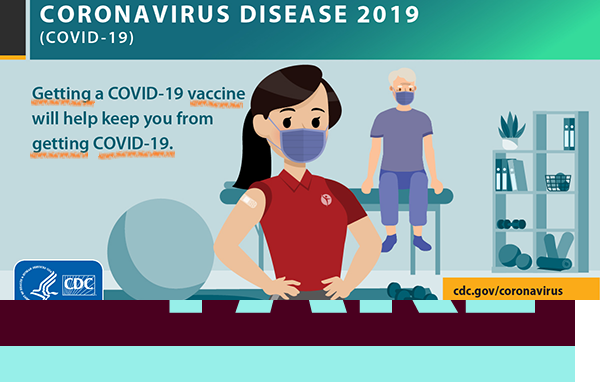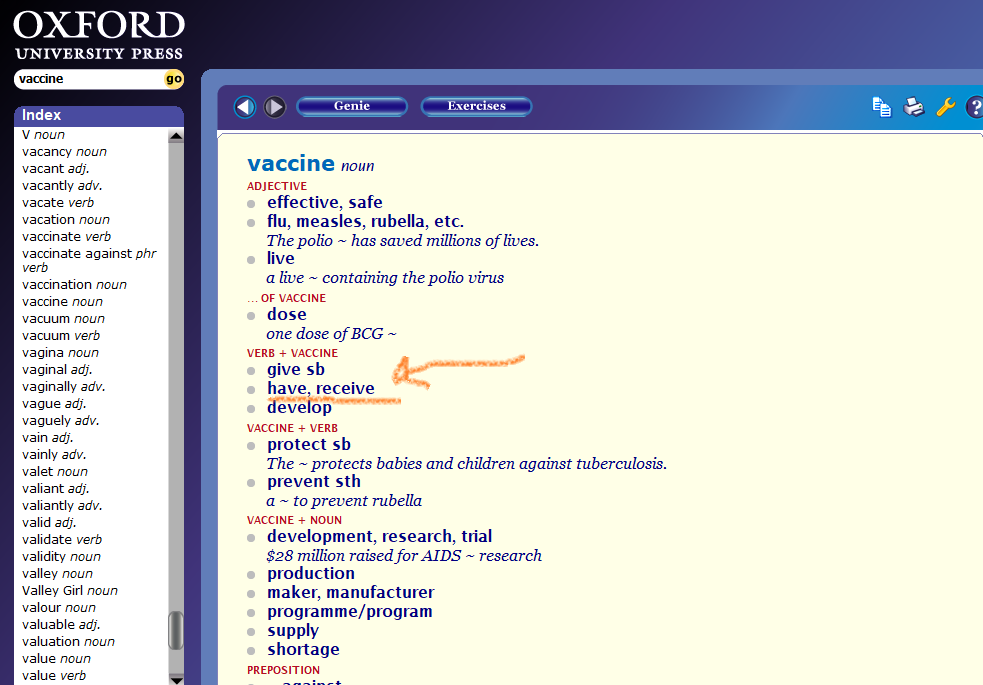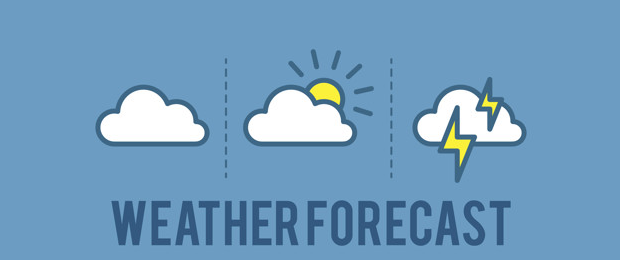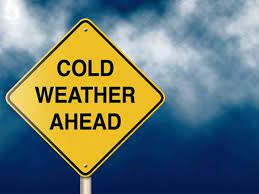
Southern hemisphere winter officially began on Monday, June 21, and runs until September 22, 2021.
Brrr! The Cold weather lesson shows some vocabulary to describe these sometimes sunny days, sometimes rainy, or days when the winter temperatures dip low.
And the only thing I can think of, to tell people is:
“Make sure you keep warm!”
To keep/stay warm means to keep your body warm, meaning wear the right clothes or do the correct activity or thing to keep yourself warm (referring to body temperature).
Stay warm implies that the person is already warm. So, like, if a delivery guy comes to your house and complains about the cold while you are having a friendly conversation, as he leaves, you might say, “Keep warm today!”
So, they are often used as a closing, in place of or immediately following “goodbye.”
Stay is a less active verb than keep. Keep indicates more intentionality. They’re interchangeable.
Next, a few tips to deal with cold weather. Listen to them and look up the words you don’t know. Notice pronunciation and how words are combined. Take notes.
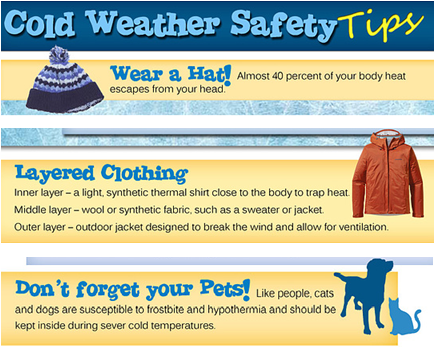
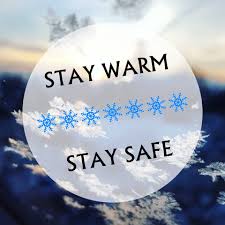
For other closing expressions related to the pandemic, check out Stay safe.





